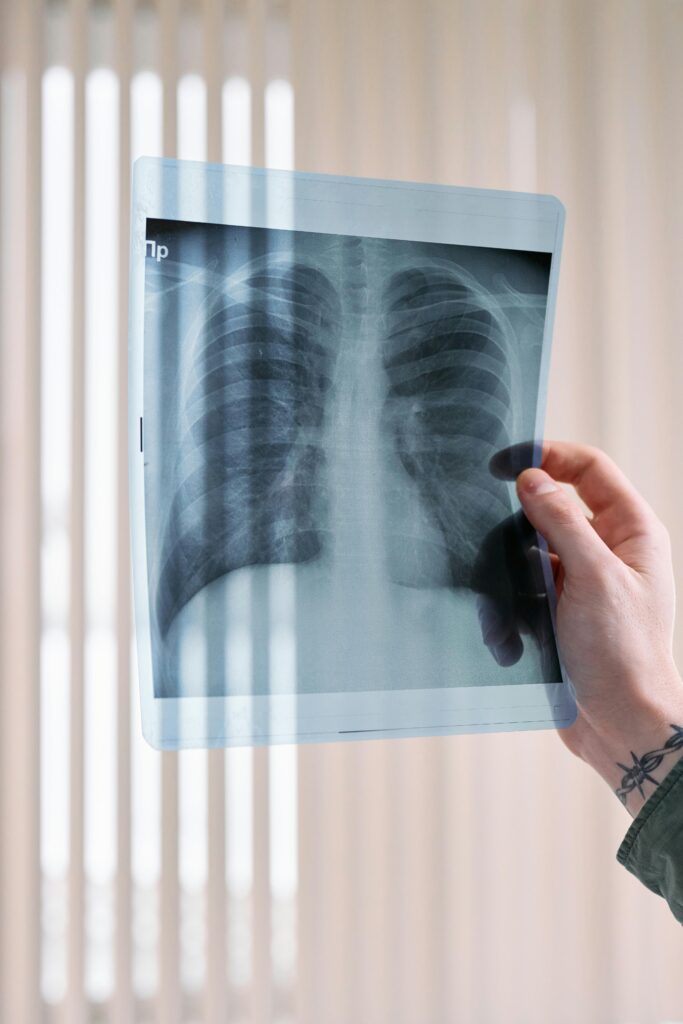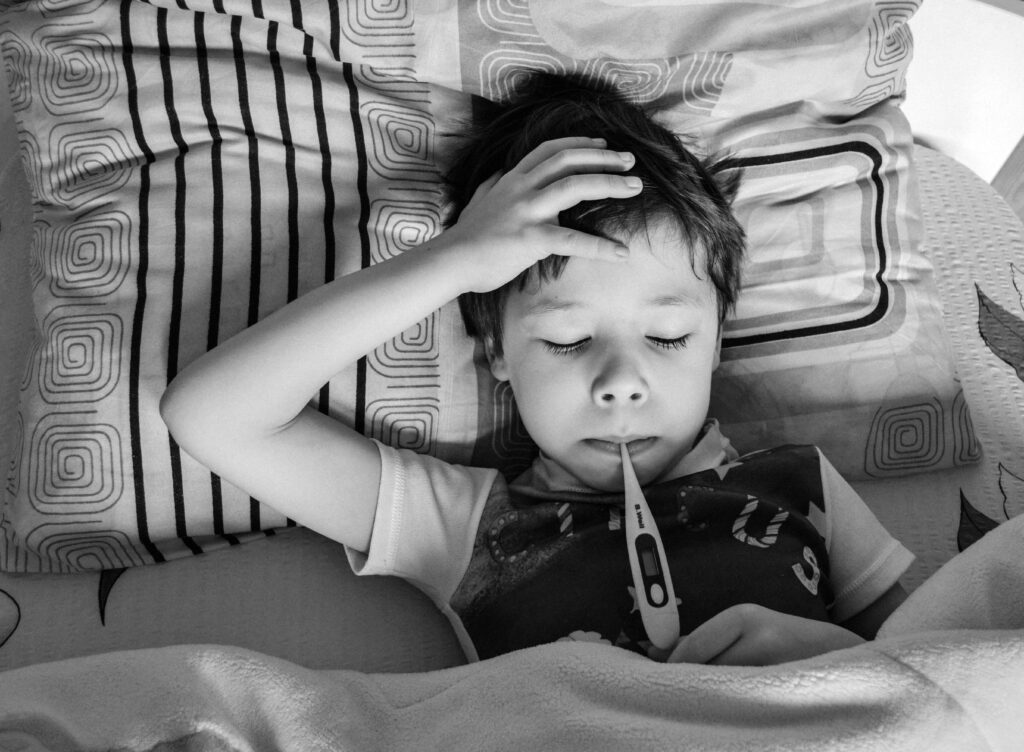Introduction:
HMPV Virus(Human Metapneumovirus) is a respiratory virus that has recently gained attention due to a growing number of cases globally, including in India. Although often compared to other respiratory viruses like the flu or COVID-19, HMPV can lead to serious complications in vulnerable populations. Understanding the symptoms, causes, and treatment options for this virus is crucial in staying prepared and preventing further spread. In this article, we’ll delve into all the essential details about the HMPV virus.

Table of Contents
What is HMPV?
HMPV (Human Metapneumovirus) is a virus that primarily infects the respiratory system. It can cause a range of illnesses, from mild cold-like symptoms to severe pneumonia, particularly in young children, older adults, and those with weakened immune systems. The virus is spread through respiratory droplets when an infected person coughs or sneezes.

Causes and Risk Factors of HMPV
HMPV is caused by the Human Metapneumovirus, a member of the Paramyxoviridae family. It is highly contagious and primarily spreads through close contact with infected individuals, such as:
Coughing and sneezing
Sharing personal items like utensils or towels
Direct contact with contaminated surfaces
Certain groups are more vulnerable to severe illness from HMPV:
Children under 5 years of age
Elderly individuals
Immunocompromised individuals
Those with existing respiratory conditions like asthma or COPD
Symptoms of HMPV
Symptoms of HMPV vary from mild to severe and typically appear within 4 to 6 days after exposure.
Common symptoms include:
Fever
Cough
Shortness of breath
Wheezing
Runny nose
Sore throat
Fatigue
Muscle aches
In some cases, HMPV can lead to more serious respiratory issues such as bronchiolitis or pneumonia, especially in vulnerable groups.

Diagnosis of HMPV
To diagnose HMPV, healthcare providers will typically start with a physical examination and a review of symptoms. Laboratory tests are necessary to confirm the infection. These may include:
PCR (Polymerase Chain Reaction) tests: Detects the virus’s genetic material.
Viral culture: Grows the virus in a lab setting from a sample taken from the respiratory tract.
Immunofluorescence: Identifies specific viral antigens in respiratory samples.
Treatment Options for HMPV
There is no specific antiviral treatment for HMPV, so the focus is on supportive care:
Hydration: Staying hydrated helps alleviate symptoms and supports recovery.
Pain relievers: Over-the-counter medications like ibuprofen or acetaminophen can help reduce fever and alleviate aches.
Respiratory support: In severe cases, patients may require supplemental oxygen or mechanical ventilation.
Bronchodilators: These can help relieve wheezing and difficulty breathing.
Most healthy individuals recover from HMPV within 1-2 weeks. However, severe cases require hospitalization, especially in high-risk populations.

Prevention of HMPV
Preventing the spread of HMPV involves common respiratory hygiene practices:
Frequent hand washing: Wash hands with soap and water for at least 20 seconds.
Avoid close contact: Stay away from people who are sick, and avoid crowded places during outbreaks.
Cover coughs and sneezes: Use a tissue or the inside of your elbow to avoid spreading droplets.
Disinfect surfaces: Regularly clean surfaces, especially in high-touch areas like doorknobs and light switches.
Vaccines for HMPV are still under research, but current preventive measures are effective in reducing transmission.

Complications of HMPV
While many people recover from HMPV without complications, it can cause serious health issues, especially for vulnerable groups:
Bronchiolitis: Inflammation of the small airways in the lungs, common in children.
Pneumonia: Infection of the lungs, which can be life-threatening in elderly or immunocompromised individuals.
Respiratory failure: Severe cases may result in difficulty breathing or require mechanical ventilation.
Conclusion:
HMPV is a highly contagious respiratory virus that can range from mild symptoms to severe complications. Early diagnosis and supportive care are crucial for managing the illness, particularly for those at higher risk. By following preventive measures, such as frequent hand washing and avoiding close contact with infected individuals, you can reduce your chances of getting sick. Stay informed and take appropriate steps to protect yourself and others. If you need more information or help with your health journey, feel free to contact us at Health Authentica.









